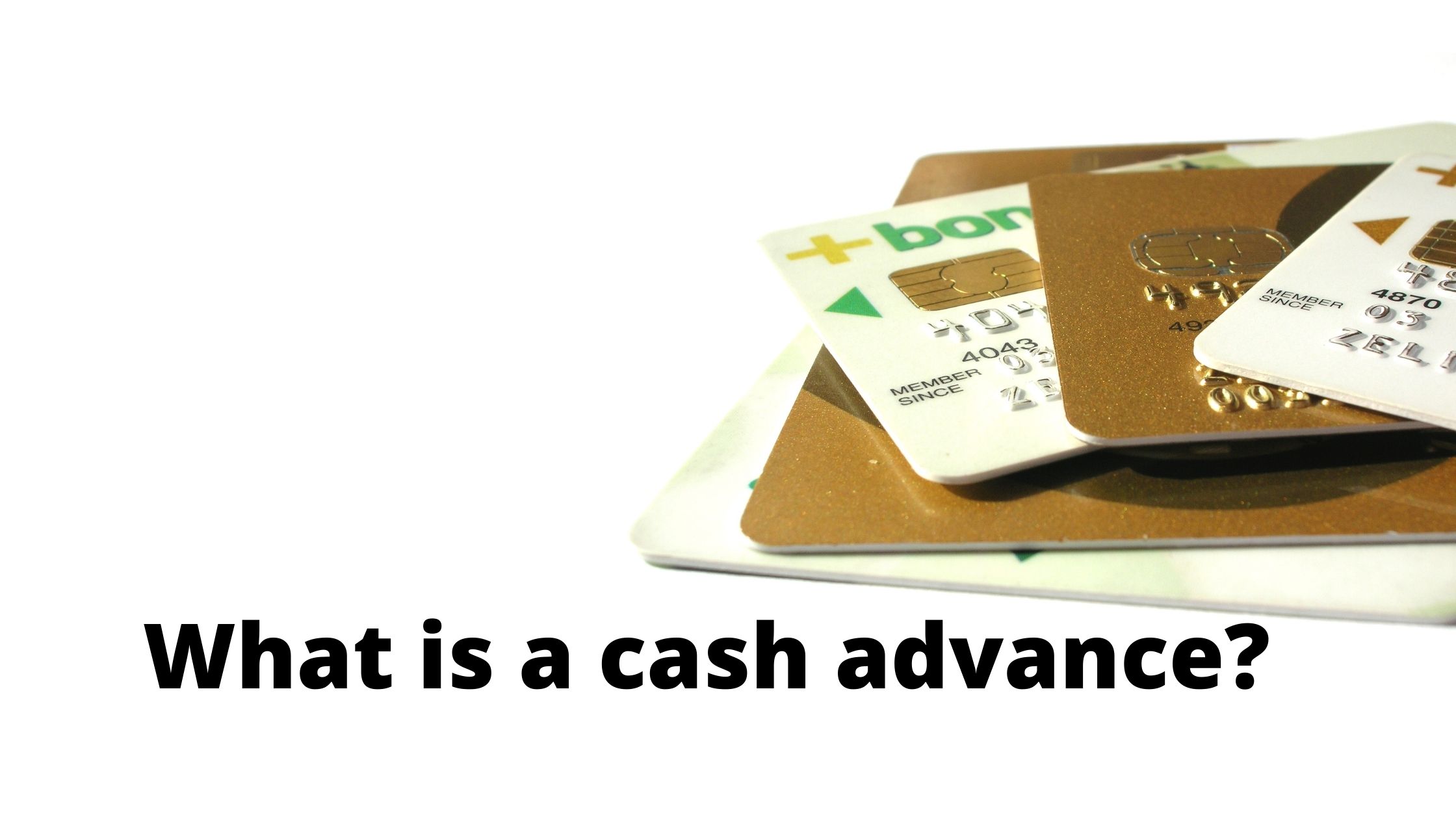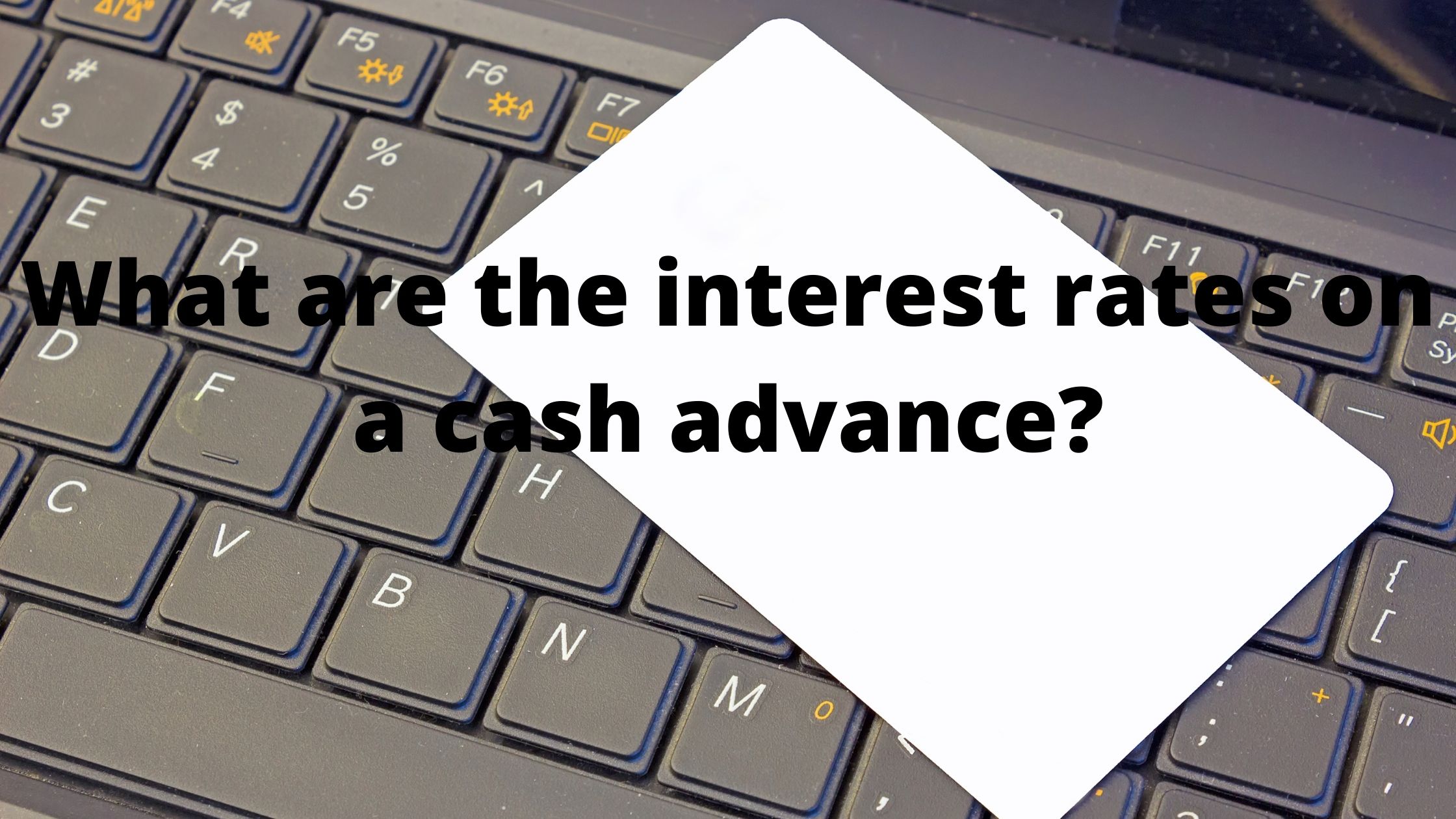If you find yourself in a difficult financial situation, there are many options for obtaining a cash advance. In this article, we’ll outline the different methods available to you and explain the pros and cons of each. We hope that by the end of this guide, you’ll be able to make an informed decision about which option is best for you.
What is a cash advance?
A cash advance is a short-term loan that you can use to cover expenses until your next payday.
Some people use cash advances as an emergency measure when they can’t get access to traditional loans or credit cards.
The good news is that cash advances are often available without having to go through a bank or credit union. You can also get a cash advance online, in person, or over the phone.
Here are four tips for getting a cash advance:
1. Ask around – some banks and credit unions offer cash advances without requiring a credit check.
2. Check with your bank – some banks offer different types of cash advances, like overnight loans or loans with lower interest rates.
3. Compare rates – make sure you compare the interest rates and terms offered by different lenders before choosing one.
4. Get pre-approved – this will help you determine whether you’re eligible for a cash advance and reduce the chances of having to pay high interest rates.
How do I get a cash advance?
If you find yourself in a bind and need some extra cash, there are a few ways to get a cash advance. You can try borrowing from a friend, family member, or lending institution like a bank. Or, you can take out a payday loan from a company like ACE Cash Express. There are also several online companies that offer cash advances. Before you decide which option is best for you, be sure to research the companies so that you know the terms and conditions of the loans.
What are the fees associated with a cash advance?
The average cash advance fee is around $30.00, but there can be variations depending on the lender. Fees can also include an origination fee, a processing fee and a loan servicing fee.
Emergency situations can be difficult to handle financially, so it’s important to know what interest rates are available for a cash advance. The interest rates on a cash advance can vary greatly depending on the lender and the amount of the advance. However, in general, the interest rates for a cash advance are typically higher than those for a credit card or loan.
Some lenders may offer a fixed interest rate, while others may have variable interest rates that change based on the market conditions. In order to get the best interest rate possible, it is important to research different lenders and find one that offers a good deal for your particular emergency situation.
What are the consequences of not getting a cash advance?
When something unexpected comes up and you need a cash advance, it’s important to understand the consequences of not receiving one. If you don’t get a cash advance, you may have to face long lines at banks and other financial institutions, which could result in missed opportunities or even debt. Here are four consequences of not getting a cash advance:
1. Missing out on important opportunities: If you need a cash advance quickly, but don’t receive one, you may miss out on important opportunities. This could mean missing out on investing in a new business opportunity or taking care of an important financial matter.
2. Increased risk of debt: Not getting a cash advance can also lead to increased risk of debt. If you don’t have enough money saved up to cover your expenses, you’ll likely end up turning to debt to cover your costs. This could lead to high interest rates and more trouble paying off your debts in the future.
3. Lines at banks can be long: If you don’t receive a cash advance, you may have to wait in long lines at banks or other financial institutions. This could delay important transactions or prevent you from accessing your money in an emergency situation.
4. You may miss


